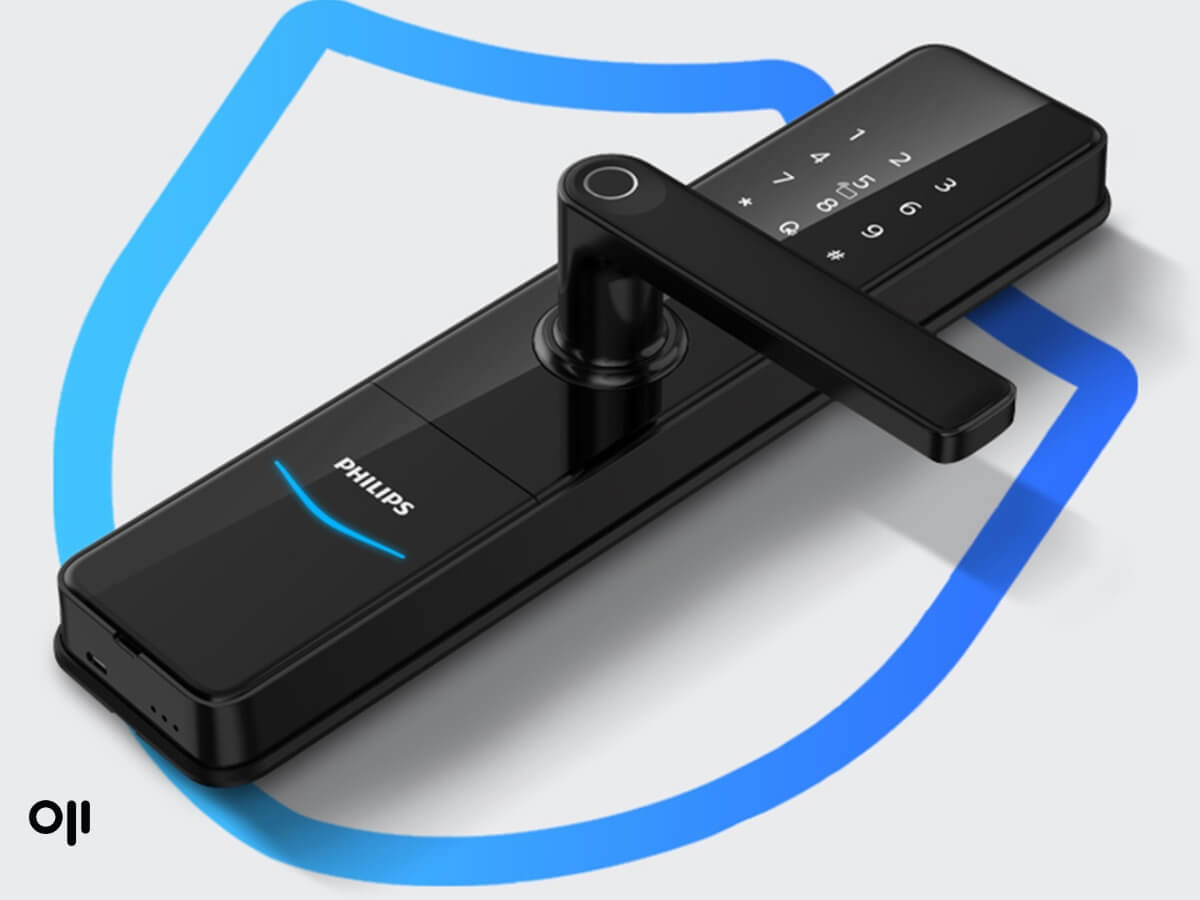Smart Lock Temporary Access and Guest Features

In our increasingly interconnected world, the intersection of technology and everyday life becomes more pronounced each day. One area where this connection has created a revolutionary shift is home security, specifically, the advent of smart locks. Far beyond the basic premise of heightened security, these innovative devices extend an impressive array of features such as temporary access and guest management. This blog post provides an in-depth look at these exciting developments, backed by pertinent studies, including some intriguing findings from Harvard research.
Smart Locks: An Overview
To set the foundation for our discussion, let’s quickly recap what smart locks are. A smart lock is a technologically advanced device that, typically linked to a smartphone app, lets you lock and unlock your doors with the simple press of a button. They are designed to mesh seamlessly with various home automation systems and offer diverse methods of access, including keypads, fingerprints, and even voice recognition.
According to a 2023 report by Market Research Future, the global smart lock market size is projected to reach $2.67 billion by 2025, reflecting a compound annual growth rate (CAGR) of 13.4% during the forecast period of 2020-2025. This burgeoning growth demonstrates a significant shift in consumer preferences towards enhanced security and convenience.
The Game-Changer: Temporary Access
One of the standout features of smart locks that are fuelling their popularity is the ability to grant temporary access. No matter the circumstance – be it to accommodate a pet sitter, a relative visiting for the holidays, or even a short-term tenant – smart locks make providing access a cinch, all without the need for physical key exchange.
In a study by the Harvard Joint Center for Housing Studies, researchers identified a considerable surge in remote work and home-sharing trends, leading to an escalating demand for temporary access solutions in residences. The convenience of scheduling temporary access codes that automatically deactivate after a specific period is not only a boon for homeowners but also enhances security by reducing the risk of misplaced or stolen keys.
Delving into Guest Features and Access Management
Beyond temporary access, smart locks have significantly simplified the process of managing multiple users through the guest access feature. Today’s sharing economy, propelled by platforms like Airbnb and Uber, has reshaped our approach to access management of our resources, as highlighted in a study by the Harvard Business Review.
In the realm of smart locks, creating unique access codes or digital “keys” for different guests is a matter of a few quick taps on your smartphone. Once a guest’s visit concludes, their access can be just as swiftly revoked. High-end smart lock models offer audit trails, presenting a log of when and by whom your home was accessed. This feature is invaluable, providing crucial insights to homeowners and landlords alike.
A survey conducted by Schlage in 2020 showed that 86% of millennials are willing to pay more for a home or rental property with smart home features. Among those features, keyless entry was one of the most desired. As notifications of guest arrivals become standard in smart lock models, Airbnb hosts and homeowners alike are finding increased peace of mind.
The Road Ahead
The integration of smart technology in our homes and the consequent transformation of home security can’t be understated. Temporary access and guest features bring an elevated level of convenience and control, far surpassing what traditional lock-and-key systems could provide. As we continue to see rapid advancements in this field, there’s no doubt we’ll be witnessing even more ground-breaking features that further redefine our home security expectations.
Making the shift to a smart lock should always consider your specific needs and circumstances. As we’ve explored, there’s an impressive range of capabilities ready to secure our homes while simplifying our lives.
Frequently Asked Question
Q1: What are smart locks?
A: Smart locks are technologically advanced devices that allow you to lock and unlock your doors via an app on your smartphone or through other forms of authentication. They offer improved security and convenience compared to traditional locks.
Q2: How does the temporary access feature in smart locks work?
A: The temporary access feature in smart locks allows homeowners to create unique codes or digital “keys” that can be programmed to work for a specified period. After the set period, these temporary keys automatically become invalid, enhancing security.
Q3: What is guest access management in the context of smart locks?
A: Guest access management refers to the ability of smart locks to create and manage unique access codes or digital “keys” for different guests. These keys can be easily revoked once a guest’s visit is over. Some smart lock models even provide a log of when and by whom your home was accessed, providing crucial insights to homeowners and landlords.
Q4: How secure are smart locks compared to traditional locks?
A: Smart locks offer a high level of security due to encryption and various other security measures. Additionally, they eliminate the risk of lost or stolen physical keys, and the ability to track and control access offers an extra layer of security.
Q5: Can smart locks integrate with other smart home systems?
A: Yes, most smart locks are designed to integrate seamlessly with various home automation systems, offering a range of convenient features like remote control and alerts.
Q6: What kind of research supports the benefits of smart locks?
A: Several studies, including those conducted by Harvard University and Market Research Future, underline the increasing demand for smart locks due to rising trends in remote work, home sharing, and a growing preference for enhanced home security and convenience.
Q7: Are smart locks difficult to install?
A: While the installation process varies depending on the specific model, many smart locks are designed to be user-friendly and come with comprehensive installation guides. Some users may prefer the professional installation to ensure optimal functionality.
Q8: Do all smart locks offer temporary access and guest features?
A: While most modern smart locks provide these features, it’s essential to check the specific model’s details before purchase to ensure it meets your particular needs.



Leave a Reply
Want to join the discussion?Feel free to contribute!